How To Stop Hair Breakage: 16 Natural Remedies For Healthy Hair
No, stopping hair breakage does not have to cost you a bomb.
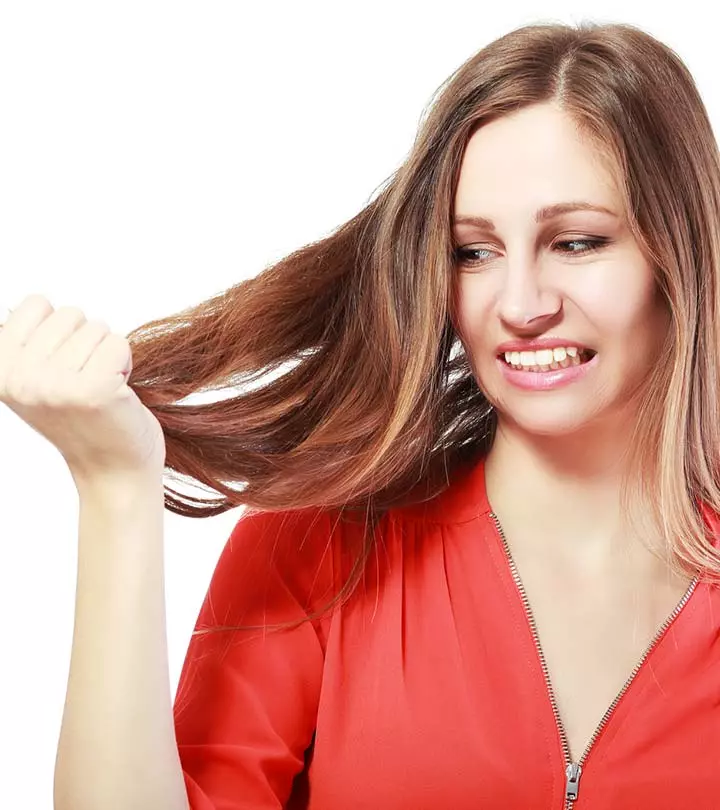
Image: i Stock
Hair fall and breakage can make you pull your hair apart. If you are here wondering how to stop hair breakage and protect it from further damage, we have got you covered. While everyone has experienced some hair fall and breakage in their lifetime, acute thinning of hair and balding spots can be a matter of concern.
Persistent hair breakage might have deeper causes like hormonal imbalances and nutritional deficiencies that you may have to consider. In the meantime, you may also try and add the home remedies listed here in your hair care routine to help prevent further hair loss and breakage. Continue reading to know more.
In This Article
What Is Hair Breakage?
When the shafts of your hair break, resulting in split ends and shorter hair strands, it is known as hair breakage. Hair breakage usually occurs due to a dry scalp and damaged hair. Hair breakage at the crown can be particularly concerning as it affects the topmost visible part of your hair.
Dr. Emmanuel R Loucas, MD, Assistant Clinical Professor of Dermatology at Mount Sinai School of Medicine, says, “Hair breakage most often occurs from your hair drying out. The good news is that it can grow out healthy again. This is because hair breakage doesn’t affect the root.”
Wondering what is causing your hair to break? Let us find out.
Key Takeaways
- Natural homemade concoctions made of Vitamins, coconut oil, argan oil, castor oil, aloe vera, onion juice, and Shea butter can protect your hair against breakage.
- Massage the scalp with these oils regularly to get smooth, healthy hair.
- Wash your hair in cold water and avoid combing when the hair is wet.
- Use a wide-tooth comb, deep condition your hair, and avoid using styling tools too much.
Why Is My Hair Breaking?
Some of the most common hair breakage causes are:
- Lack of moisture
- Washing your hair with hard water
- Heat styling and blow-drying your hair
- Hair coloring
- Using cotton pillows
- Tying your hair up in a towel post-shower
Nobody wants their hair to be brittle and damaged. For those with longer hair, maintaining its length and health requires special attention. Incorporating tips for long hair, such as regular trims, protective hairstyles, and nourishing treatments, can prevent breakage and keep your hair strong. Listed below are some of the best natural home remedies that can help you with hair breakage repair.
How To Stop Hair Breakage Naturally
While there are multiple hair breakage products readily available in the market, you can find some organic solutions right at home. Here are some natural hair breakage remedies to get you started.
- Vitamins
- Coconut Oil
- Castor Oil
- Essential Oils
- Argan Oil
- Green Tea
- Egg Hair Mask
- Aloe Vera
- Garlic
- Apple Cider Vinegar
- Avocado
- Carrot Oil
- Grapeseed Oil
- Onion Juice
- Shea Butter
- Rosemary Oil
1. Vitamins
Vitamins C, D3, and biotin work exceptionally well in enhancing the health of your hair (1). It is important that the hair follicles receive proper blood supply and nutrition for your hair to be in good shape.
Vitamin C plays a significant role in the production of collagen, which is the base for the formation of blood vessels. While vitamin D3 helps in the production of the component that makes up your hair, called keratin, biotin is essential for hair growth, and its deficiency was found to cause immense hair fall A study published in the International Journal of Trichology examined the prevalence and significance of biotin deficiency in women complaining of hair loss. The study found that 38% of women with hair loss had a biotin deficiency, with 24% exhibiting diffuse telogen effluvium(a type of hair loss commonly caused by hormonal changes), and 35% of these cases showing seborrheic-like dermatitis (type of skin condition that causes flaky and scaly skin). Additionally, 11% of biotin-deficient patients had risk factors for the deficiency (2).
You can include these vitamins in your daily diet by consuming citrus fruits, eggs, cheese, and leafy vegetables. You can also take additional supplements for these vitamins after consulting your doctor.
 Quick Tip
Quick Tip2. Coconut Oil
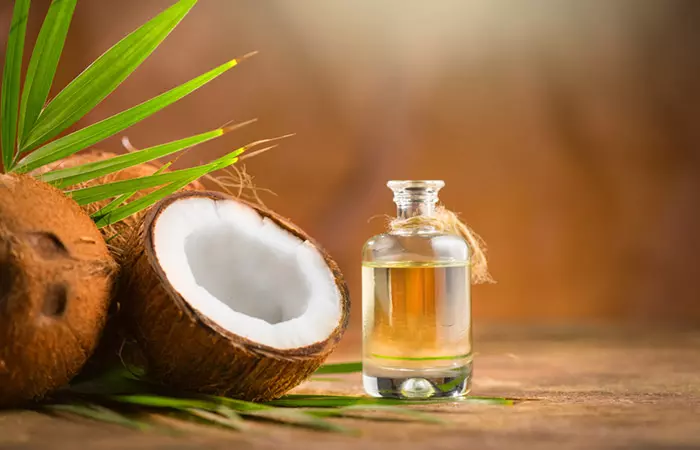
Coconut oil is a natural moisturizer that helps prevent the loss of protein from the hair. The lauric acid in the oil imparts antifungal properties to it, which protects your hair from fungal infections like dandruff (3). These properties help in preventing hair breakage.
You Will Need
- 1/2-1 tablespoon of coconut oil (depending on the length of your hair)
- Shower cap
What You Have To Do
- Massage the coconut oil gently into your scalp and spread it all over your hair with your fingers.
- Cover your hair with a shower cap and leave it on for 2-3 hours or overnight.
How Often You Should Do This
Do this at least once a week.
Chiny, a blogger, who was experiencing serious hair breakage tried to stop it with some natural remedies. She used a moisturizing treatment made of edible mayonnaise, coconut oil, and olive oil and applied it all over her hair. Noting the results, she writes in one of her blog posts: “My hair locked in moisture for about three weeks. Within those three weeks, I felt drippings in my scalp like I was sweating. I knew it was still the oil hanging in there. This strengthened my hair and locked in moisture (i).”
3. Castor Oil
The Ricinoleic acidi A chemical compound found in mature castor oil that moisturizes and hydrates your hair strands and promotes hair growth. in castor oil helps in increasing blood circulation to your scalp.
This, in turn, nourishes and strengthens your hair and prevents breakage (4).
You Will Need
- 1 tablespoon of castor oil
- 1 tablespoon of coconut oil or olive oil
What You Have To Do
- Mix equal portions of castor oil and a carrier oil like coconut or olive oil.
- Massage this mixture into your scalp and along the length of your hair.
- Leave it on for 1 to 2 hours and wash it off with a mild cleanser.
How Often You Should Do This
You can do this 1 to 2 times a week.
4. Essential Oils
a. Sweet Almond Essential Oil
Sweet almond essential oil can help your hair regain its lost luster and thickness.
It contains beneficial compounds like oleic acidi An odorless fatty acid that occurs naturally in vegetable and animal oils and is used to prevent heart disease and lower cholesterol. and linoleic acid that help maintain the lipid metabolism balance, which can nourish the hair and protect it from further damage and breakage (5), (6).
You Will Need
- 2-3 drops of almond essential oil
- 1/2-1 tablespoon of any carrier oil (coconut or olive oil)
What You Have To Do
- Mix almond essential oil with a carrier oil of your choice.
- Massage this mixture gently into your scalp and hair.
- Leave it on for 1 to 2 hours and then wash it off with a good shampoo.
How Often You Should Do This
Do this once a week.
b. Chamomile Essential Oil
Chamomile essential oil exhibits moisturizing and anti-inflammatory properties
(7), (8). These properties can help treat an inflamed scalp and dry and damaged hair. It is also anti fungal and can prevent scalp infections caused by fungi.
You Will Need
- 3-4 drops of chamomile essential oil
- 1/2-1 tablespoon of any carrier oil (coconut or olive oil)
What You Have To Do
- Mix chamomile essential oil with a carrier oil of your choice.
- Apply this mixture to your scalp and hair and leave it on for an hour.
- Wash the mixture off with a mild shampoo.
How Often You Should Do This
Do this 1 to 2 times a week.
5. Argan Oil
Argan oil is a rich source of vitamins A, C, and E and has antioxidant properties (9), (10), (11). It can help protect your hair from damage and breakage. It also contains linoleic acid and omega-6 fatty acids, the presence of which keeps your hair moisturized and healthy.
You Will Need
4-5 drops of 100% argan oil
What You Have To Do
- Take a few drops of argan oil in your palms and rub them together.
- Apply it directly to your scalp and hair.
- Wash your hair after 1 or 2 hours. You can also leave the oil on overnight.
How Often You Should Do This
Apply argan oil to your hair 1 to 2 times every week.
6. Green Tea
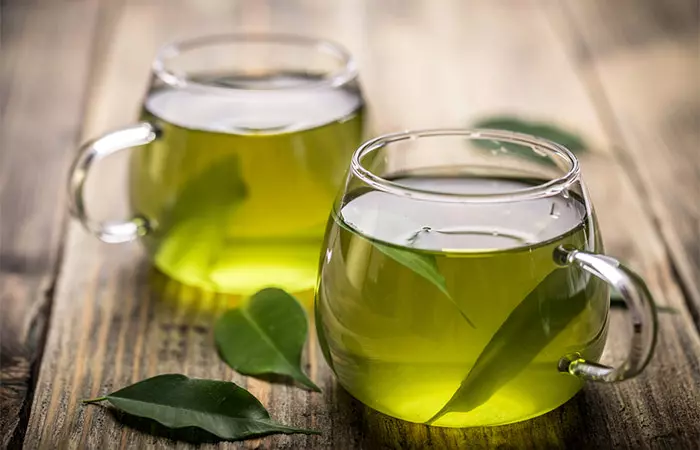
Green tea contains catechins that have antioxidant properties and stimulate hair growth (12). A study published in the Phytomedicine journal explored the effects of epigallocatechin-3-gallate (EGCG), a key polyphenol in green tea, on human hair growth. The study found that EGCG stimulated hair follicle growth in an ex vivo culture and promoted the proliferation of dermal papilla cells in both in vitro and in vivo cultures. These findings indicate that EGCG may be a promising compound for stimulating hair growth and potentially treating hair loss (13). It also possesses antifungal and anti-inflammatory properties (14). Hence, green tea can protect your scalp from infections and prevent thinning of hair.
You Will Need
- 1/2 tablespoon of powdered green tea
- 1 tablespoon of coconut oil
What You Have To Do
- Mix the powdered green tea with coconut oil.
- Apply this paste to your scalp and hair and leave it on for 10 minutes.
- Wash your hair with cool water.
- You can also consume green tea.
How Often You Should Do This
Use this hair mask at least once a week.
7. Egg Hair Mask
Egg whites are a rich source of proteins (15). They are great for hair health as they can make them soft, and breakage-free. They exhibit significant antioxidant and anti-inflammatory properties (16). These activities can protect your hair and scalp from inflammation and damage.
You Will Need
- 2 egg whites
- 2 tablespoons of olive oil
- 1 cup of milk
- A few drops of lemon juice
What You Have To Do
- Mix the egg whites, olive oil, milk, and lemon juice in a bowl.
- Apply this mixture to your scalp and hair and leave it on for 30 minutes.
- Wash your hair with a mild cleanser.
- Alternatively, you can also use whole whipped eggs.
How Often You Should Do This
Do this 2 to 3 times every month.
8. Aloe Vera
Aloe vera gel is quite popular for its skin and hair benefits. This is mainly due to its moisturizing, anti-inflammatory, photoprotectivei The property of a substance that helps avoid direct exposure of the skin to the sun and provides protection from UV rays. , and antifungal properties (17), (18), (19). Aloe vera can help in keeping your scalp dandruff-free and prevent hair breakage and also restore the pH of your hair.
You Will Need
- 1/2 tablespoon of aloe vera gel
- 1/2 tablespoon of almond oil
What You Have To Do
- Mix equal portions of aloe vera gel and almond oil.
- Apply this mixture all over your scalp and hair.
- Leave it on for 20-30 minutes and wash it off with some water.
- You can also apply aloe vera gel directly to condition your hair.
How Often You Should Do This
You can do this 2 times a week.
9. Garlic
Your hair is mainly made up of keratin. Garlic is a rich source of sulfur, which acts as a building block of keratin. It also has antifungal and antioxidant properties (20), (21), (22). Thus, garlic can protect your scalp and hair from breakage and fungal infections.
You Will Need
- 6-7 garlic cloves
- 100 mL of coconut or olive oil
What You Have To Do
- Mince the garlic cloves and put them into a container containing coconut or olive oil.
- Store this in a cool and dry place for about a week.
- Apply it to your hair and scalp.
- Wash it off after an hour or so.
How Often You Should Do This
Apply this oil at least once a week.
10. Apple Cider Vinegar
A disturbed pH can cause your hair to become dry and damaged. Apple cider vinegar (ACV) helps to balance the pH of your scalp due to the presence of acetic acid in it. Acetic acid also helps in keeping your hair soft, thereby preventing breakage. Also, ACV is antimicrobial and antifungal (23), (24). These properties can help keep scalp infections at bay.
You Will Need
- 1 tablespoon of apple cider vinegar
- 2 cups of water
What You Have To Do
- Add a tablespoon of apple cider vinegar to two cups of water and mix well.
- Use this solution to rinse your hair after shampooing.
How Often You Should Do This
Do this once a week.
11. Avocado
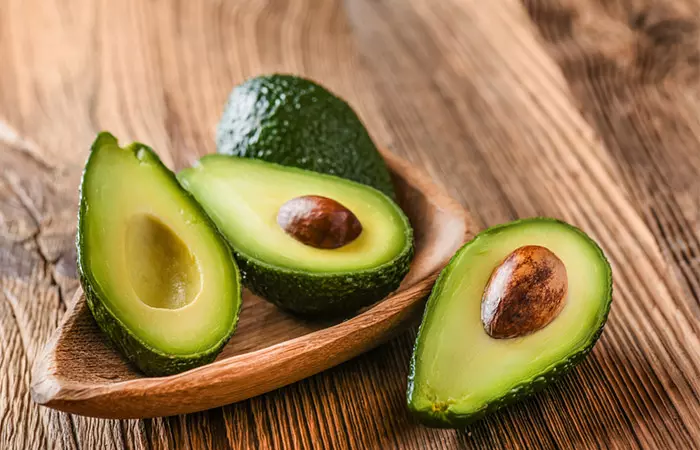
The nourishing properties of avocado are due to the presence of vitamins and minerals. This fruit acts as a natural conditioner and prevents hair breakage and damage. Avocados are also a rich source of omega-3 fatty acids (25). They are quite important for having healthy and lustrous hair.
You Will Need
- 1/2 avocado (peeled)
- 1 egg yolk
- 1 tablespoon of butter (optional)
What You Have To Do
- Blend the pulp of half an avocado with an egg yolk to form a smooth paste. You can also add some butter.
- Apply this paste to damp hair from the roots to the tips.
- Massage your scalp gently with this mixture for a few minutes and leave it on for at least 20 minutes.
- Rinse your hair and shampoo and condition it as usual.
How Often You Should Do This
Do this at least twice a month.
12. Carrot Oil
Carrot oil is derived from the seeds of the carrot. This oil is a rich source of vitamins A and E and beta-carotenei A natural pigment found in plants responsible for the yellow and orange color in fruits and vegetables, such as carrots and tomatoes. that are essential for healthy hair. It is also antibacterial and antifungal and has healing properties A study published in the Evidenced-Based Complementary and Alternative Medicine journal evaluated the essential oil of wild carrot (Daucus carota subsp. carota) from Portugal that contains high levels of geranyl acetate (29.0%), α-pinene (27.2%), and 11αH-himachal-4-en-1β-ol (9.2%). The oil exhibited strong antimicrobial activity, particularly against Gram-positive bacteria, Cryptococcus neoformans, and dermatophytes, while also inhibiting Candida albicans biofilm formation and filamentation (26). All these factors can help you deal with a dry scalp and breakage-prone hair.
You Will Need
- 6-7 drops of carrot oil
- Carrier oil like olive or coconut oil (optional)
What You Have To Do
- Take about 6 to 7 drops of carrot oil and apply it directly to your scalp and hair.
- Alternatively, you can also mix carrot oil with any carrier oil and apply it to your hair.
- Leave it on for 1 to 2 hours before washing it off.
How Often You Should Do This
Do this at least once a week.
13. Grapeseed Oil
Grapeseed oil is one of the best ways to keep your hair moisturized without weighing it down. This is because it is much lighter than most oils out there. It is also rich in antioxidants and vitamin E (27), (28). Thus, it may help in increasing hair strength and preventing breakage.
You Will Need
2-3 teaspoons of grapeseed oil
What You Have To Do
- Heat grapeseed oil and massage your hair and scalp gently with it.
- Cover your head with a shower cap and let the oil work on your hair overnight or for 1 to 2 hours.
How Often You Should Do This
Try this treatment once a week.
14. Onion Juice
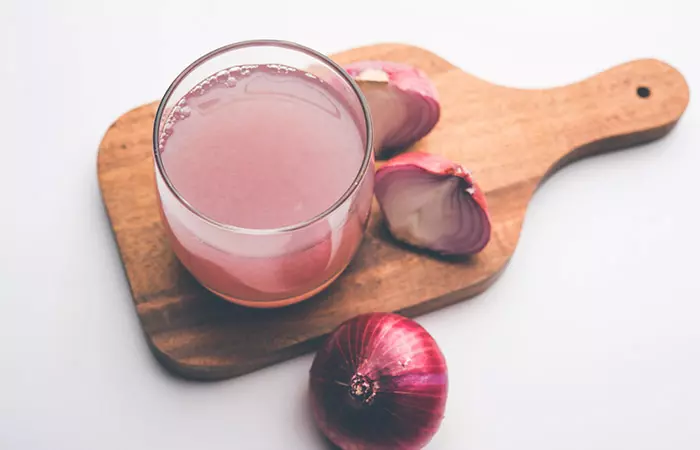
Onions are rich sources of sulfur, which is a building block of keratin. Hence, onions not only help prevent hair fall and breakage but also make your hair stronger and healthier. Onions have antifungal properties and can prevent hair fall (29), (30).
You Will Need
- 1/2 tablespoon of onion juice
- 1/2 tablespoon of coconut oil
What You Have To Do
- Mix the onion juice with coconut oil.
- Apply this mixture to your hair, concentrating on your scalp.
- Leave it on for 20-30 minutes before washing it off.
How Often You Should Do This
Do this at least once a week.
15. Shea Butter
Shea butter can be used as a natural alternative to your conditioner. Its hydrating and anti-inflammatory properties ensure a healthy scalp and hair (31). The highly moisturizing properties of shea butter protect your hair from breakage and further damage.
You Will Need
1 teaspoon of shea butter
What You Have To Do
- Take a teaspoon of shea butter and rub it in between your palms until it melts.
- Apply it to your hair using your fingers.
How Often You Should Do This
You can use shea butter whenever your hair feels too dry and messy.
16. Rosemary Oil
Anecdotal evidence suggests that rosemary oil may help boost circulation in the scalp, which may stimulate hair follicles and reduce hair breakage. This oil may also help reduce itchiness and promote hair growth by increasing the hair count (32).
You Will Need
- 2 – 3 drops of rosemary oil
- ½ – 1 tablespoon of any carrier oil (coconut or jojoba oil)
What You Have To Do
- Mix the rosemary oil and the carrier oil of your choice.
- Gently massage the diluted oil into your scalp.
- Leave it on for at least 30 minutes to an hour or overnight.
- Wash it off with a good shampoo and conditioner.
How Often You Should Do This
Do this 2 to 3 times a week
Use these remedies regularly to stop hair breakage. Remember, natural remedies can be effective alternatives, though results vary based on hair type and condition.
Essential oils, garlic, and tea extracts may improve hair strength but can also cause irritation if not diluted. Overuse or improper application may lead to buildup, greasiness, or scalp sensitivity.
Always conduct a patch test before use and consult a dermatologist for persistent hair concerns. Here are a few tips you can follow to prevent this problem altogether.
Preventive Tips
If you have brittle and damaged hair, you need to go beyond using remedies. Here are some hair breakage prevention tips that can help you restore your hair’s quality and health.
- Trim your hair regularly.
- Limit blow-drying and heat-styling.
- Do not comb your hair when it is wet.
- Use a wide-tooth comb to detangle hair.
- Opt for protective hairstyles.
- Reduce the frequency of chemical treatments.
- Do not change your hair color often, or look for a natural alternative if you plan to do so.
- Massage your hair and scalp with a good oil every now and then.
- Use a hydrating conditioner to keep your hair well moisturized.
- Do not wash your hair daily as it may damage it and make it dry.
- Follow a healthy diet that consists of fresh fruits, vegetables, fish, lean meat, and lots of fluids.
 Quick Tip
Quick TipAs you can see, your hair breakage prevention strategies must be a good mix of remedies, careful styling practices, and healthy lifestyle changes. Consult your healthcare provider if symptoms do not improve with changes in grooming and other home-care measures. Meanwhile, these simple treatments or changes can help reduce breakage.
Treatment For Hair Breakage
Hair breakage cannot be treated overnight. Natural remedies and lifestyle changes are part of a process and hence the results can be slow. If you want chemical solutions, you can add the following treatments to your hair breakage prevention routines.
- Use ammonium bi-sulfate cream relaxers, which are the least damaging to hair.
- Use conditioning shampoos and moisturizing conditioners with ingredients that will protect the hair. Such moisture-binding ingredients include sodium PCA, glycerine, panthenoli A chemical substance derived from vitamin B5 that is used in cosmetics, skin, and hair care products for its moisturizing properties. , chitosani A sugar obtained from the outer skeleton of crustaceans and insects, such as shellfish, crab, shrimp and lobster. , dimethiconei A silicone-based ingredient in beauty products to lock the moisture in the skin by creating a physical barrier and keep the hair frizz-free. , and/or silicone.
Infographic: Top Natural Remedies To Stop Hair Breakage
From hormonal changes to using unsuitable pillowcases, there are several different causes of hair breakage. However, carefully planned, natural hair breakage prevention remedies can help nip the problem in the bud. Ingredients like coconut oil, green tea, egg, aloe vera, green tea, garlic, onion juice, avocado, and apple cider vinegar can help mitigate this issue. Click on the infographic below to learn more about the natural remedies you can try to stop hair breakage.
Some thing wrong with infographic shortcode. please verify shortcode syntax
Dry scalp and damaged hair are the most common causes of hair breakage. It can also be caused by lack of moisture, harsh water cleaning, heat styling, and hair dyeing. Adding foods rich in Vitamin C, D3, and biotin to your diet can help you reduce hair breakage. Try the hair breakage prevention methods suggested above to protect your hair from further damage, provide additional nourishment, and promote healing. However, if you consider taking vitamin supplements, consult a doctor to determine any deficiency.
Frequently Asked Questions
Does breakage mean your hair is unhealthy?
No, it does not mean the hair is unhealthy. Dr. Loucas adds, “It may mean your hair is drying out from excessive washing or poor hydration.” He suggests people drink enough water daily and use conditioners and scalp oils.
Does washing hair less help breakage?
Yes, reducing the frequency of washing can help reduce hair breakage. Dr. Loucas says, “If you are experiencing excessive hair breakage, I would suggest washing your hair less frequently. 1-2 times a week is usually adequate. I would also suggest a conditioner be used along with a good scalp oil.”
Does B12 deficiency cause hair breakage?
Yes. Dr. Loucas adds, “Some people lose the ability to absorb B12, which results in more brittle hair that breaks easier. If hair breakage is an ongoing issue, I often check B12 levels.”
What medical conditions can cause hair breakage?
If you have lupus, the chances of your hair turning brittle and breaking are quite high. Those who have cancer, thyroid problems, and pituitary gland diseases are also more likely to experience hair damage and hair fall.
What is the best hair mask to stop breakage?
Although all the hair breakage solutions in this article can give you effective results, the egg mask is the best. You can also try the avocado hair mask for stronger and healthier hair.
Are lemons good for hair breakage prevention or not?
Lemons, when used undiluted, are extremely acidic and can strip your hair of its natural oils. This may lead to dry, brittle, and breakage-prone hair. Hence, too much of lemons is not good for your hair.
Can damaged hair grow back?
Yes, damaged hair can grow back as hair grows from the roots and not the ends. So, as long as the follicles are preserved, hair can grow back.
How long does it take to fix breakage hair?
Generally, it takes 6 months to a year to see improvements in your hair condition. In fact, using hair breakage prevention products that nourish your scalp and hair can accelerate this process.
What foods stop hair breakage?
Eggs, Brazil nuts, beans, bell peppers, and dark green leafy vegetables like spinach are rich in protein, vitamins, and iron, and can help with hair breakage treatment.
Does drinking water help with hair growth?
Yes. In fact, 25% of a single hair strand is made up of water. So drinking enough water helps energize and support hair growth and improves hair texture. Water intake also helps prevent split ends.
References
Articles on StyleCraze are backed by verified information from peer-reviewed and academic research papers, reputed organizations, research institutions, and medical associations to ensure accuracy and relevance. Read our editorial policy to learn more.
- Nutrition of women with hair loss problem during the period of menopause, Menopause Review, US National Library of Medicine, National Institutes of Health.
https://www.ncbi.nlm.nih.gov/pmc/articles/PMC4828511/ - Serum Biotin Levels in Women Complaining of Hair Loss, International Journal of Trichology, US National Library of Medicine, National Institutes of Health.
https://www.ncbi.nlm.nih.gov/pmc/articles/PMC4989391/ - Effect of mineral oil, sunflower oil, and coconut oil on prevention of hair damage, Journal of Cosmetic Science, US National Library of Medicine, National Institutes of Health.
https://pubmed.ncbi.nlm.nih.gov/12715094/ - Ethnopharmacological survey of home remedies used for treatment of hair and scalp and their methods of preparation in the West Bank-Palestine, BMC Complementary and Alternative Medicine, US National Library of Medicine, National Institutes of Health.
https://www.ncbi.nlm.nih.gov/pmc/articles/PMC5499037/ - Indian medicinal plants: For hair care and cosmetics, World Journal of Pharmaceutical Sciences.
https://www.academia.edu/9066861/Indian_medicinal_plants_For_hair_care_and_cosmetics - Indian Medicinal Plants Used in Hair Care Cosmetics: A Short Review, Pharmacognosy Journal.
https://phcogfirst.com/ - Chamomile: A herbal medicine of the past with bright future, Mol Med Report, US National Library of Medicine, National Institutes of Health.
https://www.ncbi.nlm.nih.gov/pmc/articles/PMC2995283/ - Extraction, Characterization, Stability and Biological Activity of Flavonoids Isolated from Chamomile Flowers, Molecular and Cellular Pharmacology, US National Library of Medicine, National Institutes of Health.
https://www.ncbi.nlm.nih.gov/pmc/articles/PMC2809371/ - Activation of MITF by Argan Oil Leads to the Inhibition of the Tyrosinase and Dopachrome Tautomerase Expressions in B16 Murine Melanoma Cells, Evidence-based Complementary and Alternative Medicine, US National Library of Medicine, National Institutes of Health.
https://www.ncbi.nlm.nih.gov/pmc/articles/PMC3723062/ - Evidence of hypolipemiant and antioxidant properties of argan oil derived from the argan tree (Argania spinosa), Clinical Nutrition (Edinburgh, Scotland), US National Library of Medicine, National Institutes of Health.
https://pubmed.ncbi.nlm.nih.gov/15380909/ - Hair Cosmetics: An Overview, International Journal of Trichology, US National Library of Medicine, National Institutes of Health.
https://www.ncbi.nlm.nih.gov/pmc/articles/PMC4387693/ - The effects of tea polyphenolic compounds on hair loss among rodents, Journal of the National Medical Association, US National Library of Medicine, National Institutes of Health.
https://www.ncbi.nlm.nih.gov/pmc/articles/PMC2569505/ - Human hair growth enhancement in vitro by green tea epigallocatechin-3-gallate (EGCG), Phytomedicine, US National Library of Medicine, National Institutes of Health.
https://pubmed.ncbi.nlm.nih.gov/17092697/ - Antifungal activity of green tea leaves (Camellia sinensis L.) sampled in different harvest time, Pharmacognosy Magazine.
https://www.researchgate.net/publication/288961993_Antifungal_activity_of_green_tea_leaves_Camellia_sinensis_L_sampled_in_different_harvest_time - Antioxidant activity of peptides derived from egg white proteins by enzymatic hydrolysis, Journal of Food Protection, US National Library of Medicine, National Institutes of Health.
https://pubmed.ncbi.nlm.nih.gov/15453585/ - Anti-inflammatory effects of egg white combined with chalcanthite in lipopolysaccharide-stimulated BV2 microglia through the inhibition of NF-κB, MAPK and PI3K/Akt signaling pathways, International Journal of Molecular Medicine, US National Library of Medicine, National Institutes of Health.
https://pubmed.ncbi.nlm.nih.gov/23128312/ - Evaluation of the Nutritional and Metabolic Effects of Aloe vera, Herbal Medicine: Biomolecular and Clinical Aspects. 2nd edition, National Center for Biotechnology Information.
https://www.ncbi.nlm.nih.gov/books/NBK92765/ - Aloe vera: Potential candidate in health management via modulation of biological activities, Pharmacognosy Reviews, US National Library of Medicine, National Institutes of Health.
https://www.ncbi.nlm.nih.gov/pmc/articles/PMC4557234/ - Antifungal activity of Aloe vera leaves, Fitoterapia, US National Library of Medicine, National Institutes of Health.
https://pubmed.ncbi.nlm.nih.gov/17336466/ - Combination of topical garlic gel and betamethasone valerate cream in the treatment of localized alopecia areata: a double-blind randomized controlled study, Indian Journal of Dermatology, venereology and leprology, US National Library of Medicine, National Institutes of Health.
https://pubmed.ncbi.nlm.nih.gov/17314444/ - Biological properties of garlic and garlic-derived organosulfur compounds, Environmental and Molecular Mutagenesis, US National Library of Medicine, National Institutes of Health.
https://pubmed.ncbi.nlm.nih.gov/19253339/ - Antimicrobial effect of garlic (Allium sativum), Recent Patents on Anti-infective Drug Discovery, US National Library of Medicine, National Institutes of Health.
https://pubmed.ncbi.nlm.nih.gov/19929845/ - Antimicrobial activity of apple cider vinegar against Escherichia coli, Staphylococcus aureus and Candida albicans; downregulating cytokine and microbial protein expression, Scientific Reports, US National Library of Medicine, National Institutes of Health.
https://www.ncbi.nlm.nih.gov/pmc/articles/PMC5788933/ - “Authenticating apple cider vinegar’s home remedy claims: antibacterial, antifungal, antiviral properties and cytotoxicity aspect”
https://pubmed.ncbi.nlm.nih.gov/29224370/ - Hass avocado composition and potential health effects. Critical Reviews in Food Science and Nutrition, US National Library of Medicine, National Institutes of Health.
https://pubmed.ncbi.nlm.nih.gov/23638933/ - New Claims for Wild Carrot (Daucus carota subsp. carota) Essential Oil, Evidence-based Complementary and Alternative Medicine, US National Library of Medicine, National Institutes of Health.
https://www.ncbi.nlm.nih.gov/pmc/articles/PMC4769755/ - GRAPE SEED OIL: FROM A WINERY WASTE TO A VALUE ADDED COSMETIC PRODUCT, Academia.
https://www.academia.edu/31008704/GRAPE_SEED_OIL_FROM_A_WINERY_WASTE_TO_A_VALUE_ADDED_COSMETIC_PRODUCT_A_REVIEW - Grape Seed Oil Compounds: Biological and Chemical Actions for Health, Nutrition and Metabolic Insights, US National Library of Medicine, National Institutes of Health.
https://www.ncbi.nlm.nih.gov/pmc/articles/PMC4988453/ - Isolation of allicepin, a novel antifungal peptide from onion (Allium cepa) bulbs, Journal of Peptide Science, US National Library of Medicine, National Institutes of Health.
https://pubmed.ncbi.nlm.nih.gov/15113089/ - Onion juice (Allium cepa L.), a new topical treatment for alopecia areata. The Journal of Dermatology, US National Library of Medicine, National Institutes of Health.
https://pubmed.ncbi.nlm.nih.gov/12126069/ - Effects of topical and dietary use of shea butter on animals, American Journal of Life Sciences, ResearchGate.
https://www.researchgate.net/publication/277021242_Effects_of_topical_and_dietary_use_of_shea_butter_on_animals
Read full bio of Vd. Naveen Sharma
- Dr. Emmanuel (Michael) R. Loucas, MD, is a board-certified dermatologist with 27 years of experience in general and cosmetic dermatology. He is a Fellow of the AAD, American Society for Dermatologic Surgery, and American Society for Laser Medicine and Surgery. His professional interests include skin cancer, medical dermatology, skin laser surgery, skin rejuvenation, facial augmentation, and PRP.
 Dr. Emmanuel (Michael) R. Loucas, MD, is a board-certified dermatologist with 27 years of experience in general and cosmetic dermatology. He is a Fellow of the AAD, American Society for Dermatologic Surgery, and American Society for Laser Medicine and Surgery. His professional interests include skin cancer, medical dermatology, skin laser surgery, skin rejuvenation, facial augmentation, and PRP.
Dr. Emmanuel (Michael) R. Loucas, MD, is a board-certified dermatologist with 27 years of experience in general and cosmetic dermatology. He is a Fellow of the AAD, American Society for Dermatologic Surgery, and American Society for Laser Medicine and Surgery. His professional interests include skin cancer, medical dermatology, skin laser surgery, skin rejuvenation, facial augmentation, and PRP.
Read full bio of Shaheen Naser
Read full bio of Anjali Sayee
Read full bio of Swathi E






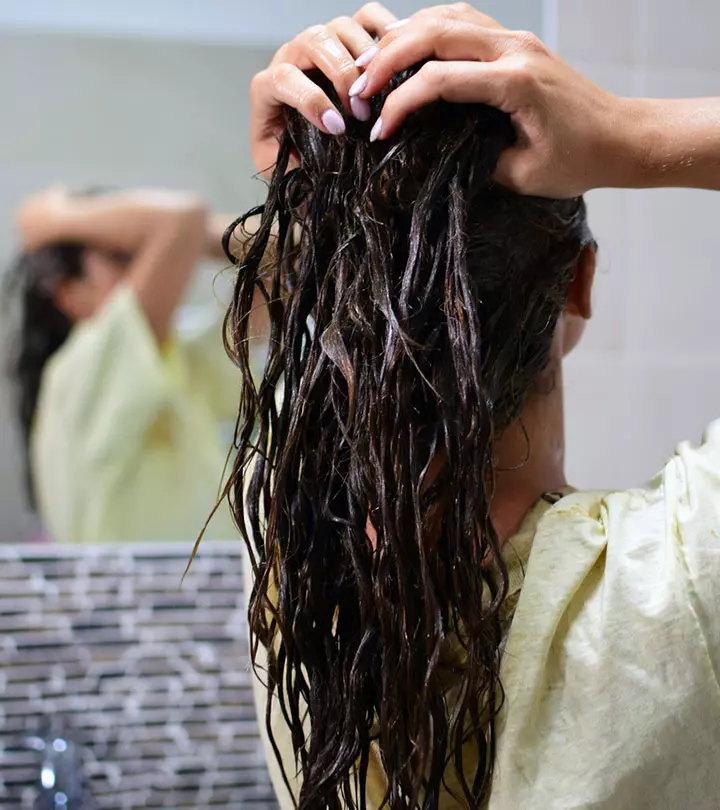
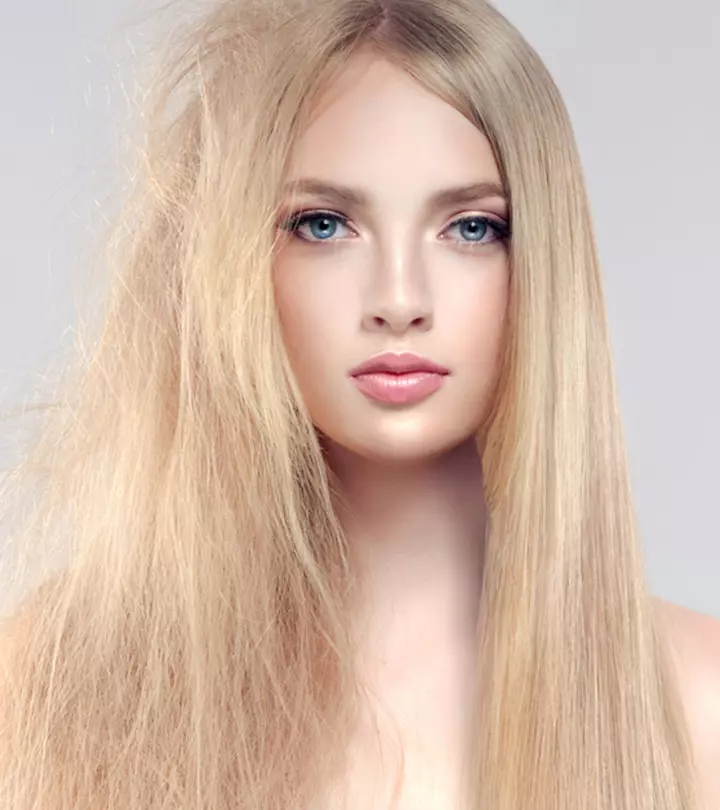



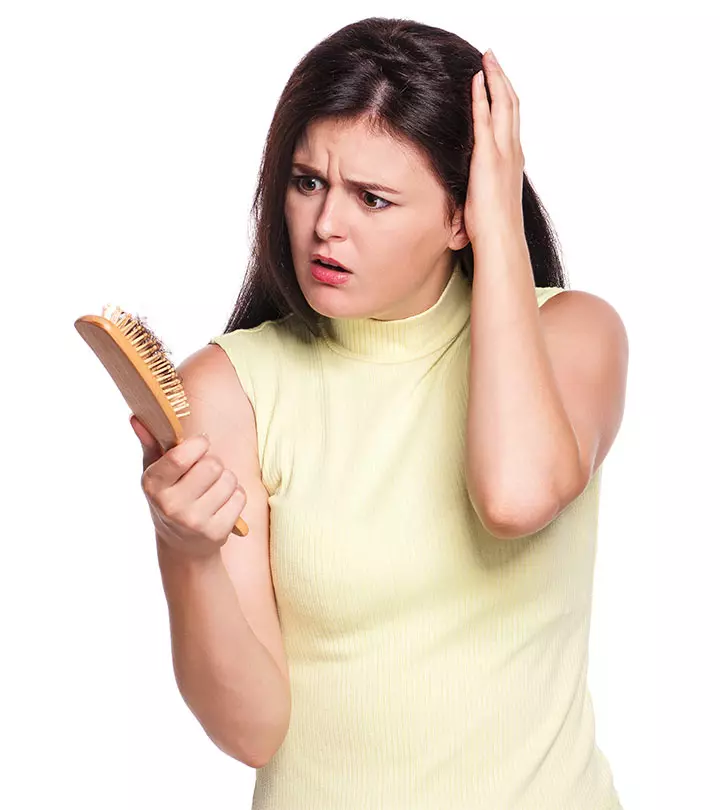

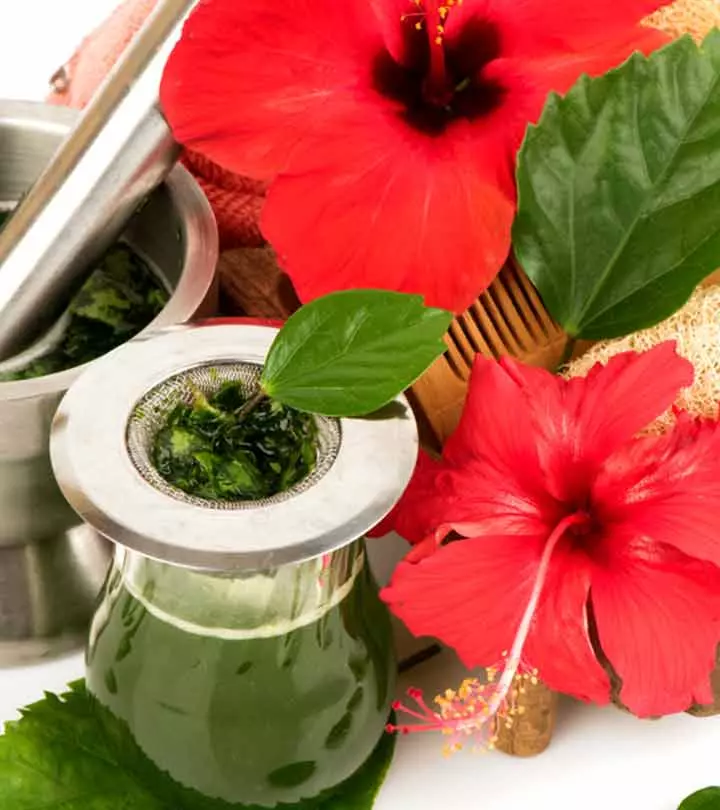
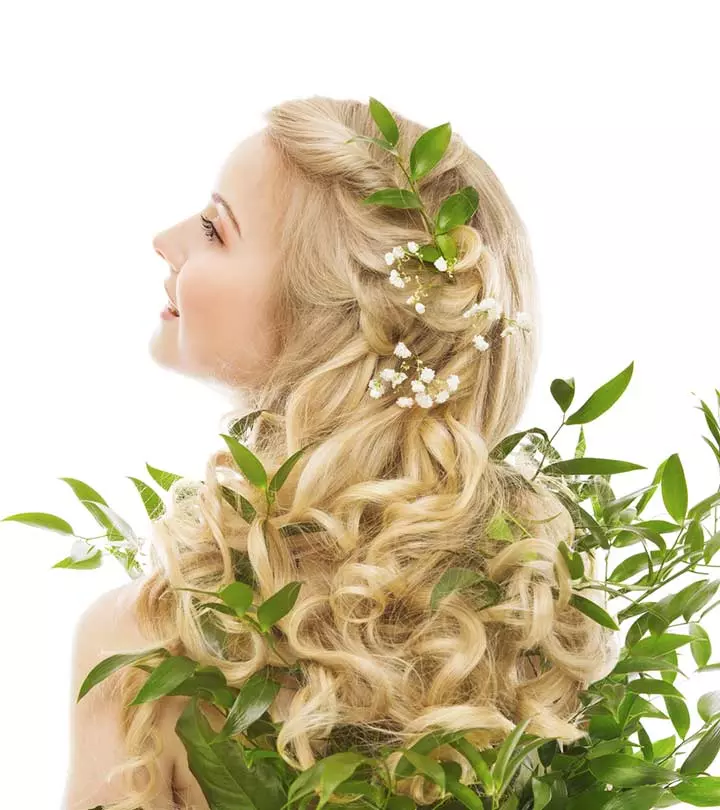
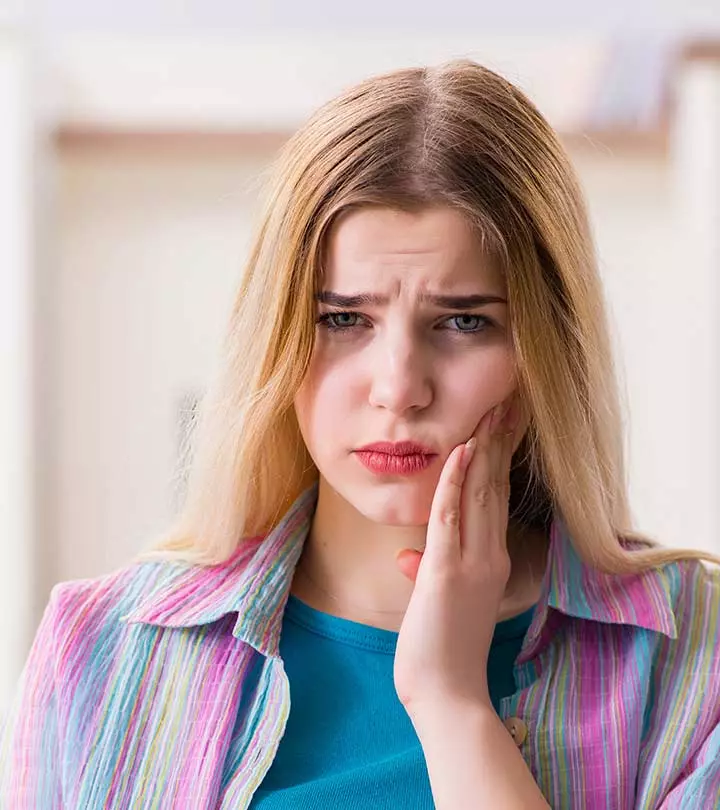
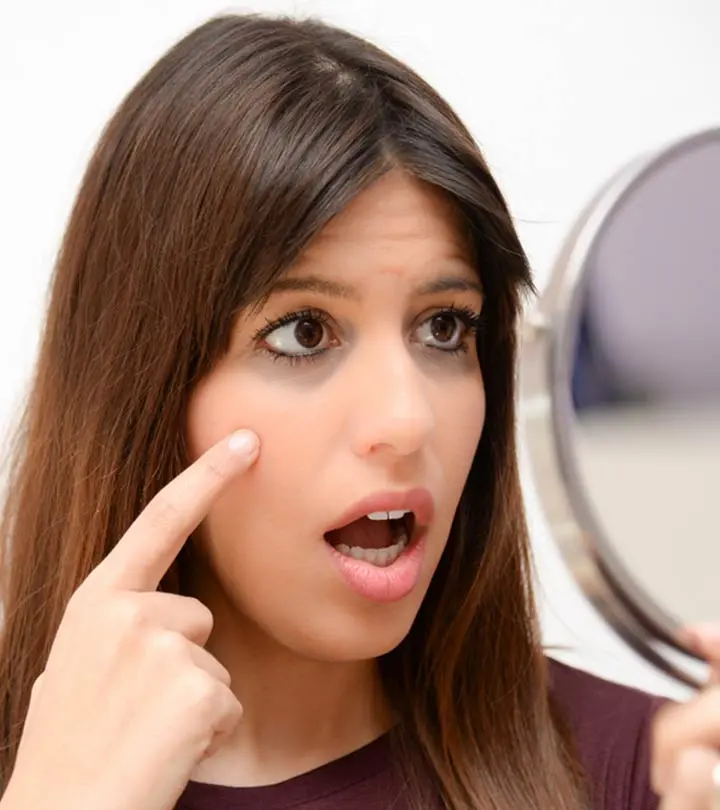
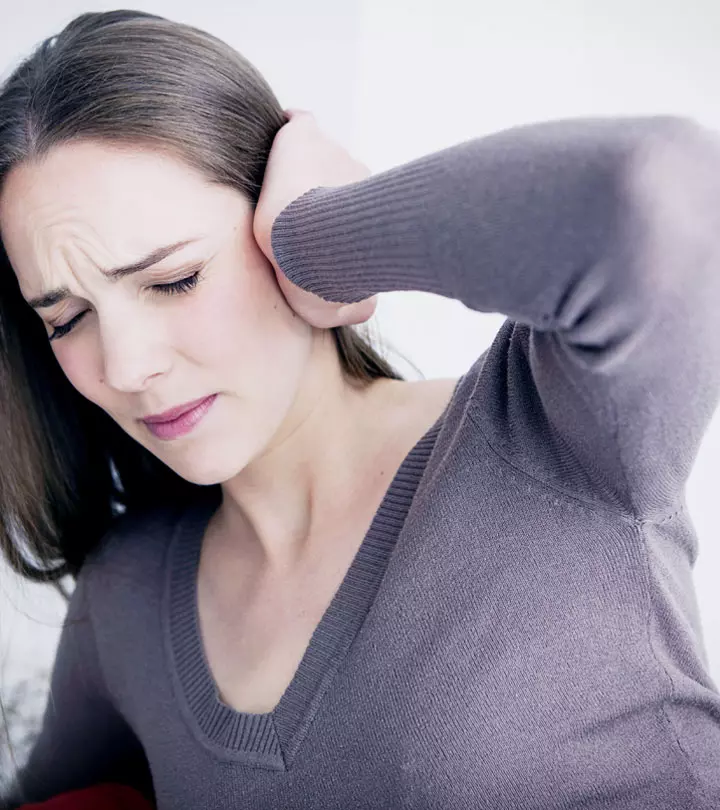

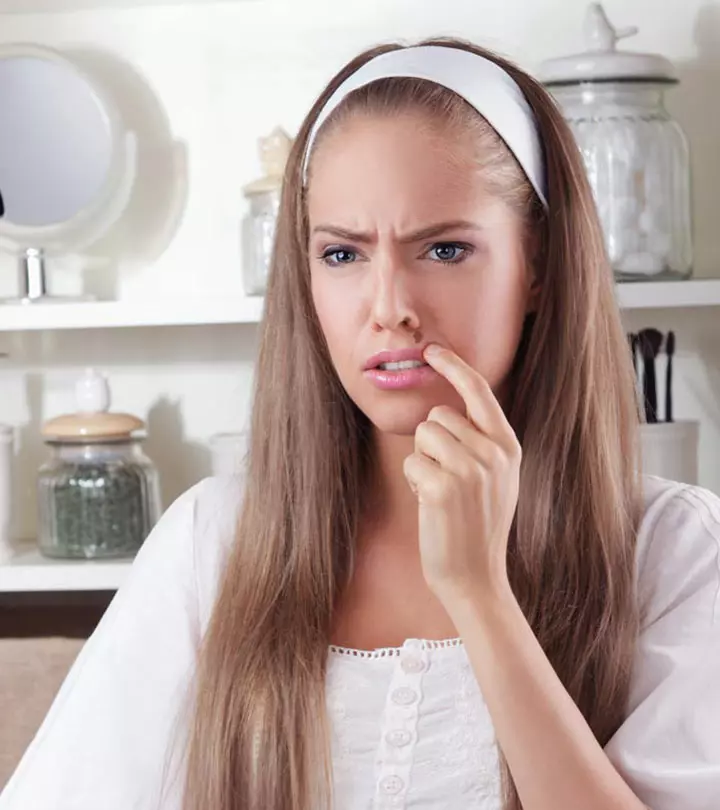

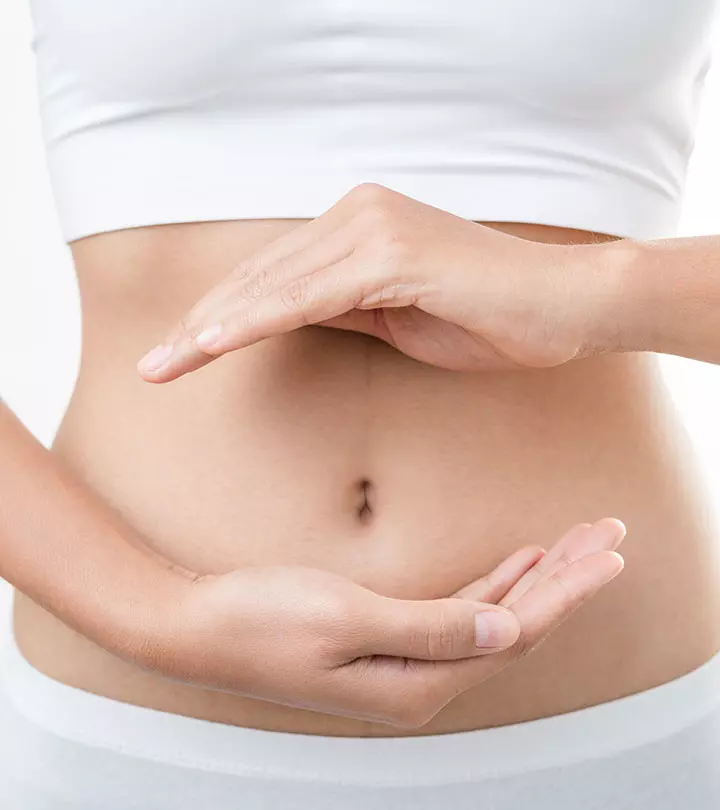
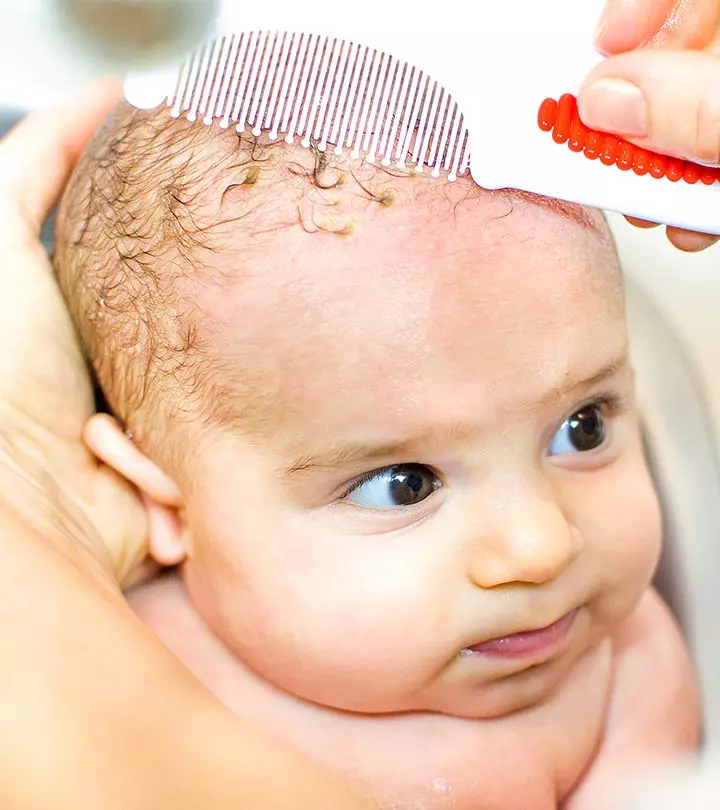


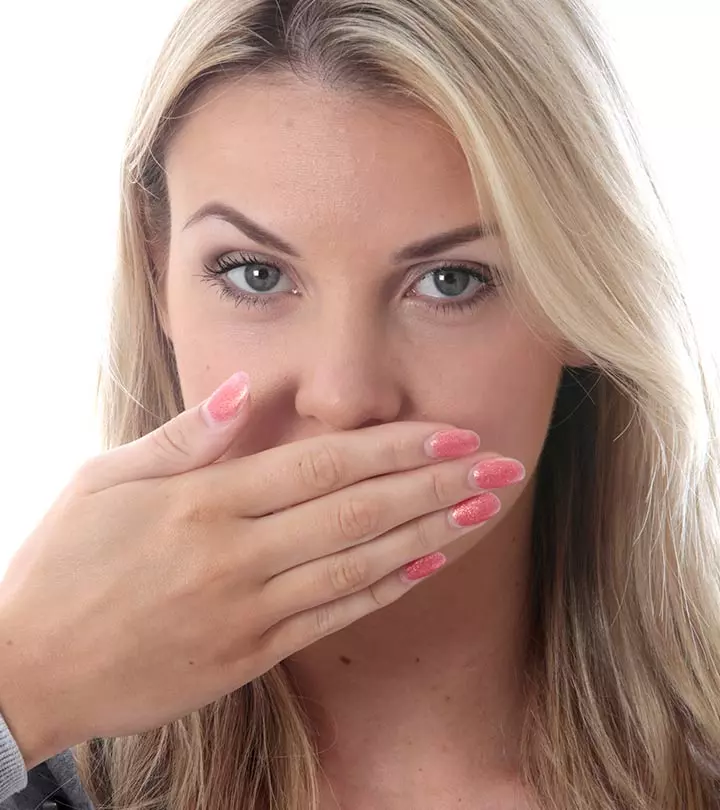
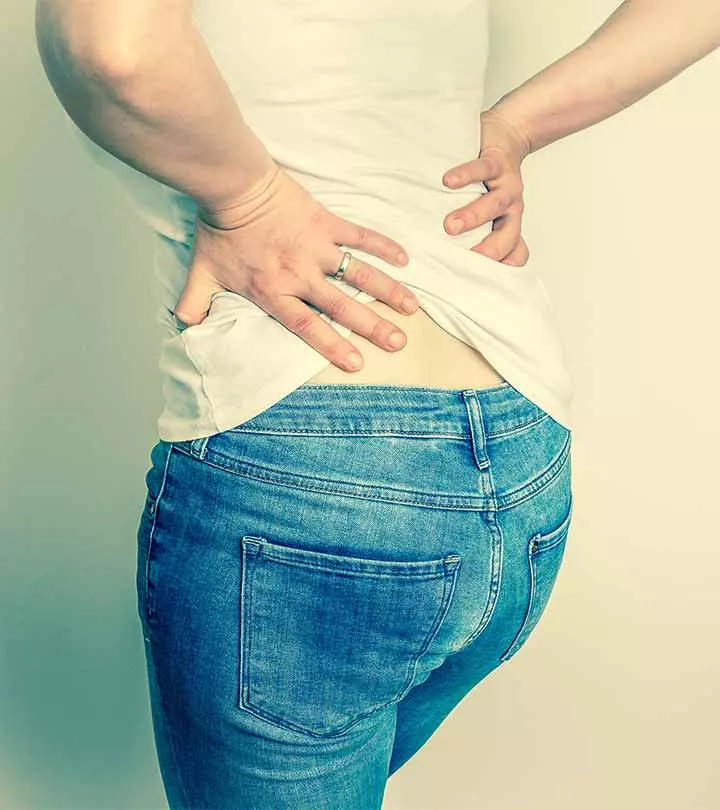
Community Experiences
Join the conversation and become a part of our empowering community! Share your stories, experiences, and insights to connect with other beauty, lifestyle, and health enthusiasts.